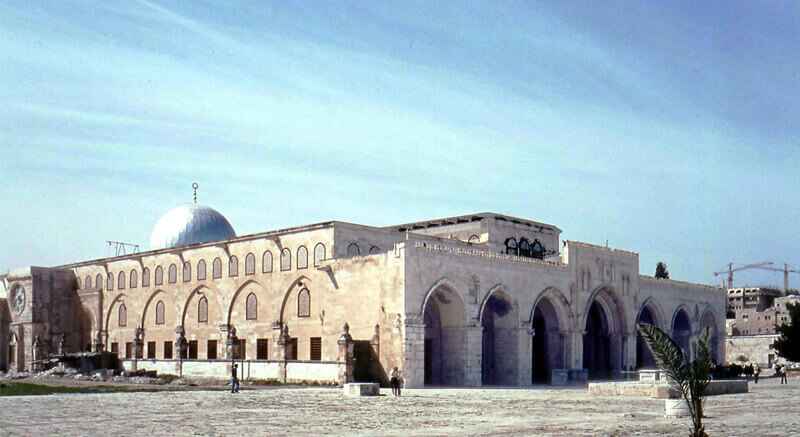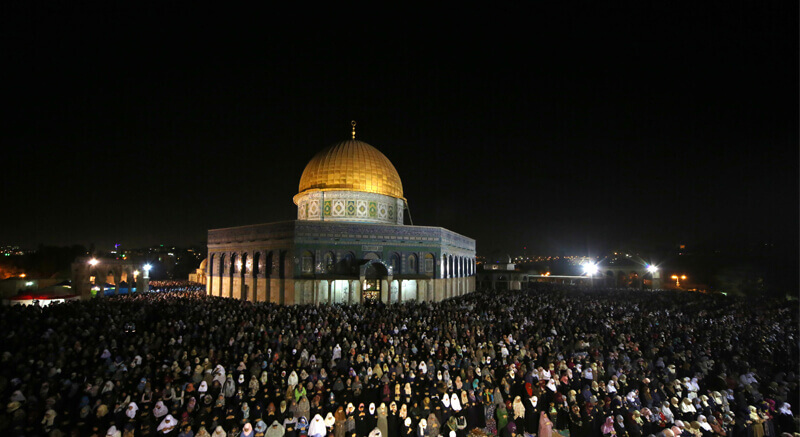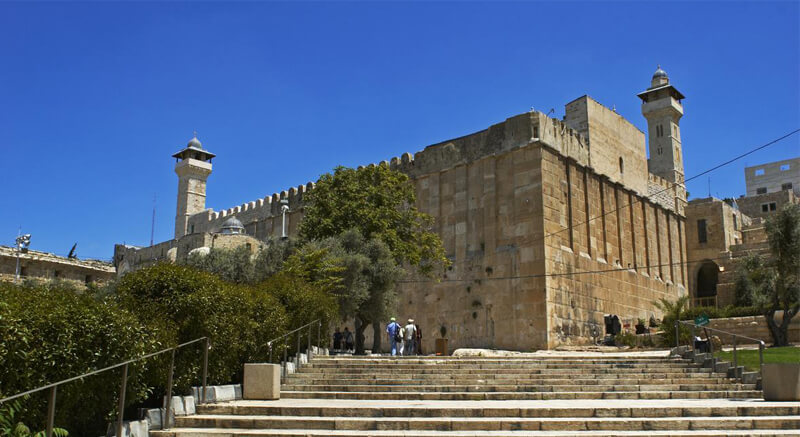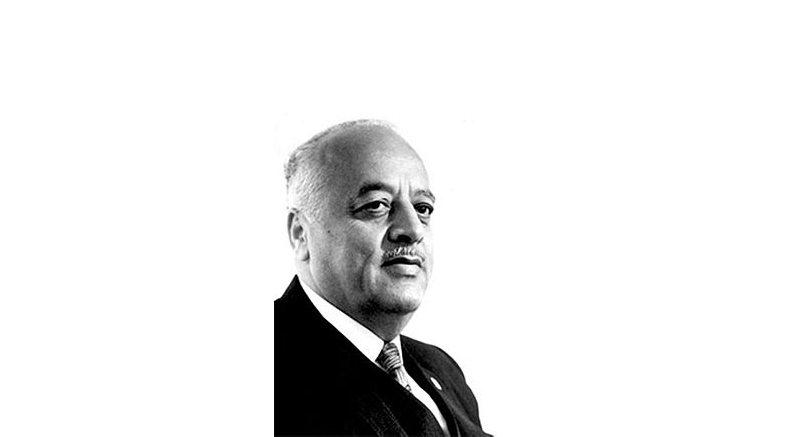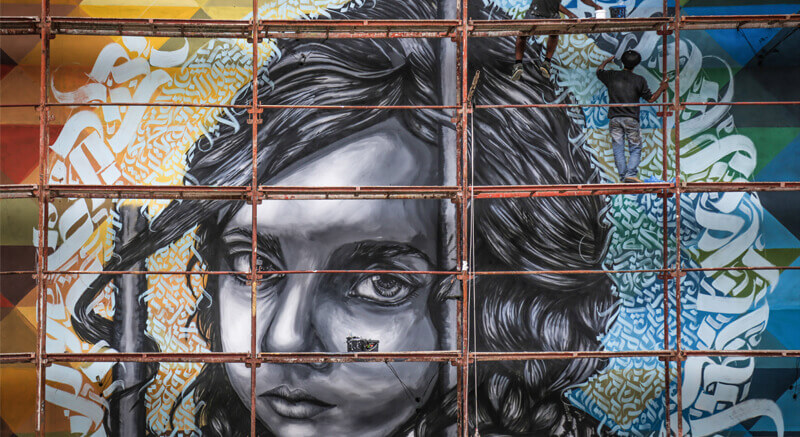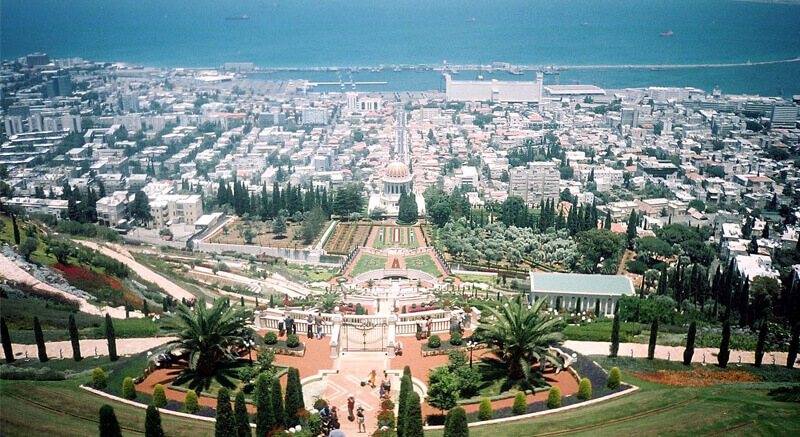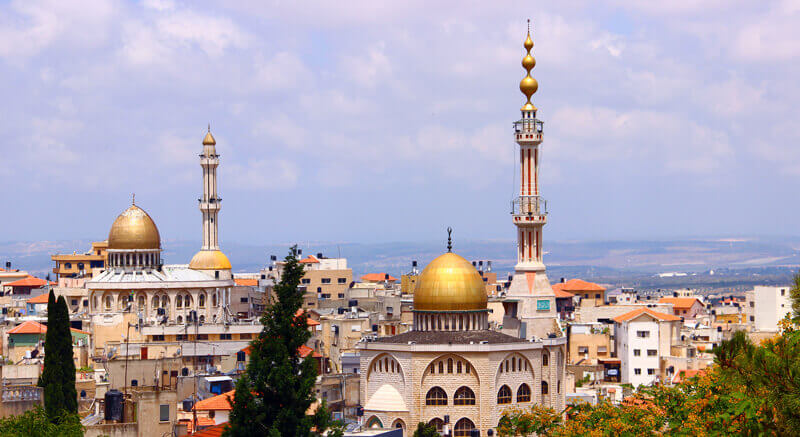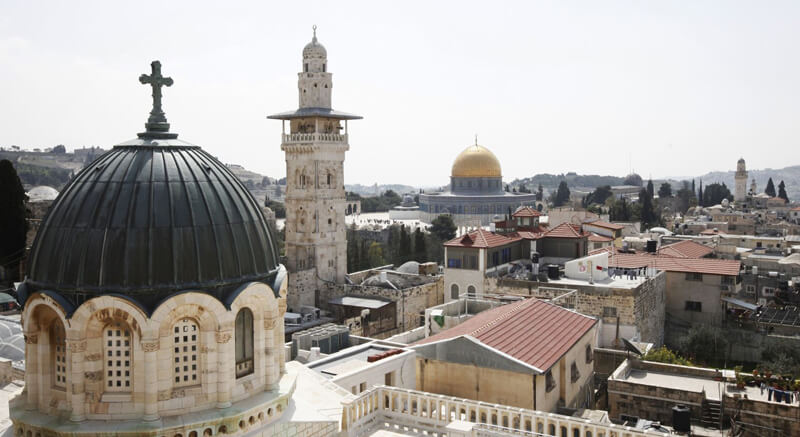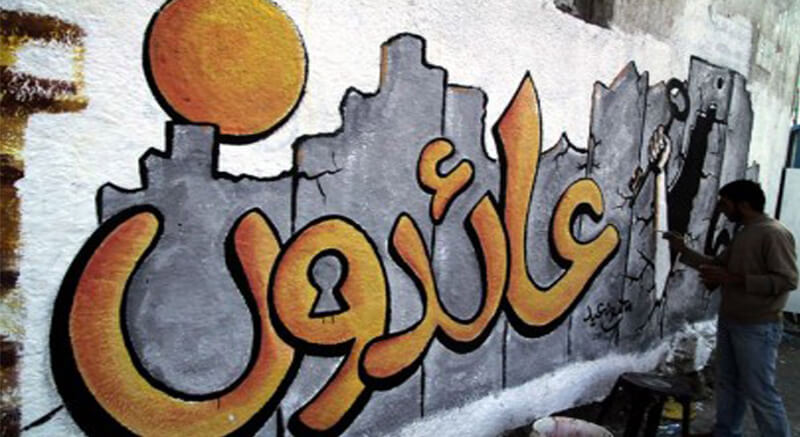OCHA report: Gaza situation on the down trend, West Bank not doing much better
JERUSALEM, July 8, 2017 (WAFA) – While the Gaza Strip, under Israeli blockade for more than 10 years, is still suffering from fluctuations in the sources of electricity supply with power outages continuing for 18 to 20 hours per day, disrupting as a result living conditions and undermining the provision of essential services, Israel decided late last month to reduce the fishing zone along the southern Gaza coast back to six nautical miles, after extending it to nine miles since May 3 on the occasion of the sardine season.
The situation in the occupied West Bank is not that much better with Israeli authorities and settlers joining in disrupting daily life of Palestinians, mainly in the parts of the West Bank designated as Area C.
The United Nations Office for the Coordination of Humanitarian Affairs to the Occupied Palestinian Territories (OCHA) said in its Protection of Civilians report covering the period between June 20 and July 3 published on Friday that despite provision of fuel from Egypt and appeal for $25 million in aid to stabilize the deteriorating humanitarian situation in the besieged Gaza Strip, the situation in Gaza has actually worsened.
"The coping capacities of Gaza's families to deal with these types of shocks are seriously depleted as the cumulative impact of 10 years of isolation, division and insecurity take their toll," said the Humanitarian Coordinator for the occupied territories, Robert Piper.
OCHA said that the temporary Israeli expansion of fishing rights in the southern Gaza coast had led to a significant increase in the quantity and quality of the fishing catch, as conformed by the Palestinian Ministry of Agriculture. Over 35,000 Palestinians depend on the fishing industry for their livelihoods.
In the occupied West Bank, Israel dismantled and seized during the OCHA reporting period a solar panel system composed of 96 panels provided by an international humanitarian organization to the Area C community of Jubbet adh Dhib, near Bethlehem. The system supplied badly needed electricity to 27 families in that community.
The Israeli authorities also demolished, or forced owners to demolish, four other structures in Area C of the West Bank on the grounds of a lack of Israeli-issued building permits.
Three other structures were demolished in the Jabal al Mukkabir and al Issawiya areas of occupied East Jerusalem and one in the Area C community of al- Zayyem, in Jerusalem area, displacing three Palestinians and affecting another 177.
In the same context, the Israeli authorities issued at least 38 demolition and stop-work orders against residential and livelihood-related structures in seven communities in Area C and East Jerusalem, said the OCHA report.
Seven of these orders targeted Jabal al Baba in Jerusalem area, one of the 46 Palestinian Bedouin communities in the central West Bank, at risk of forcible transfer due to Israeli policies that create a coercive environment.
Another seven structures targeted in the Shi'b al Butum community in Hebron district had been provided as humanitarian assistance and funded by the occupied Palestinian territories’ Humanitarian Fund.
Elsewhere in the West Bank, some two hundred trees and saplings belonging to two Palestinian families from Burin, Nablus district, were burned in two separate incidents by Israeli settlers from Yitzhar settlement, said OCHA quoting Palestinian sources. The livelihoods and security of some 20,000 Palestinians living in six villages surrounding Yitzhar, including Burin, have been undermined in recent years due to systematic settler violence and intimidation.
Another seven trees belonging to a family from Turmus Ayya near Ramallah were reportedly set on fire by settlers from Adei Ad settlemen





